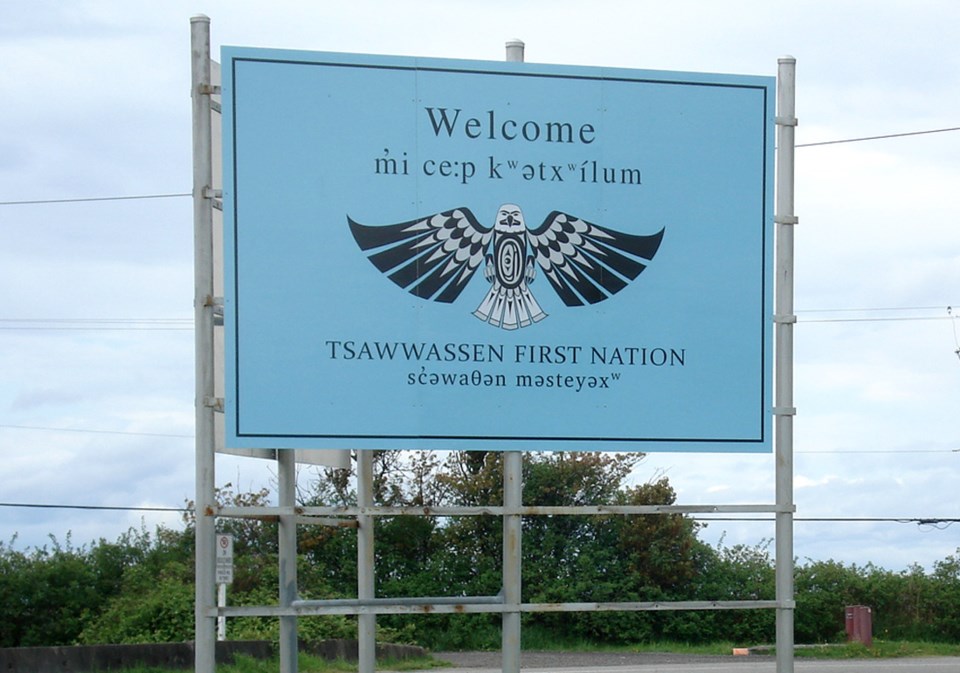It’s correcting another past wrong.
The federal government this year reached a financial settlement with the Tsawwassen First Nation to pay compensation to resolve a longstanding claim by the TFN over a land deal that dates back to 1957.
The claim involved the surrender and sale of approximately 95 acres of the Tsawwassen Indian Reserve at that year, a sale negotiated by government found to be improper as the First Nation did not receive the value it should have received.
The settlement agreement went back to the TFN for a membership vote.
In August, it was endorsed with a majority voting in favour.
The terms of the deal have not been disclosed to the general public.
The deal is part of an ongoing effort by Crown-Indigenous Relations and Northern Affairs Canada to settle what are called specific claims, which are legal claims by First Nations against Canada related to historic breaches of the Indian Act or breaches of fiduciary duty relating to reserve land or other assets of a First Nation.
The specific claims process is governed by the Specific Claims Tribunal Act and by the Specific Claims Policy and Process Guide.
It’s a process that is an alternative to taking legal disputes through the usual court process.
“Canada has embarked on a journey of reconciliation between Indigenous and non-Indigenous peoples. It is a necessary journey to address a long history of colonialism and the scars it has left,” Crown-Indigenous Relations and Northern Affairs Canada states.
“The Government of Canada is committed to renewing its relationship with Indigenous peoples based on recognition of rights, respect, co-operation and partnership. Settling specific claims is one of many steps on the journey to reconciliation with First Nations and helps create a better future for everyone. Specific claim settlements help to right past wrongs, renew relationships and advance reconciliation in a way that respects the rights of First Nations and all Canadians.”
Specific claims are separate and distinct from comprehensive land claims or modern treaties, the department explains, noting First Nations and others, including the Auditor General of Canada, had called for major changes to the way such claims are handled by the government.
“Specific claims deal with past wrongs against First Nations. These claims (made by First Nations against the Government of Canada) relate to the administration of land and other First Nation assets and to the fulfilment of historic treaties and other agreements. For example, a specific claim could involve the failure to provide enough reserve land as promised in a treaty or the improper handling of First Nation money by the federal government in the past.”
The government notes it negotiated hundreds of settlements on specific claims, however, there is more work to do as hundreds of specific claims remain outstanding.
That includes claims accepted for negotiation, claims before the Specific Claims Tribunal as well as specific claims that are currently under review or assessment.
Also currently still in negotiations are other TFN claims including an allegation the TFN was not properly compensated for land that was taken away for road expansions as well as a promised highway overpass never being built.



